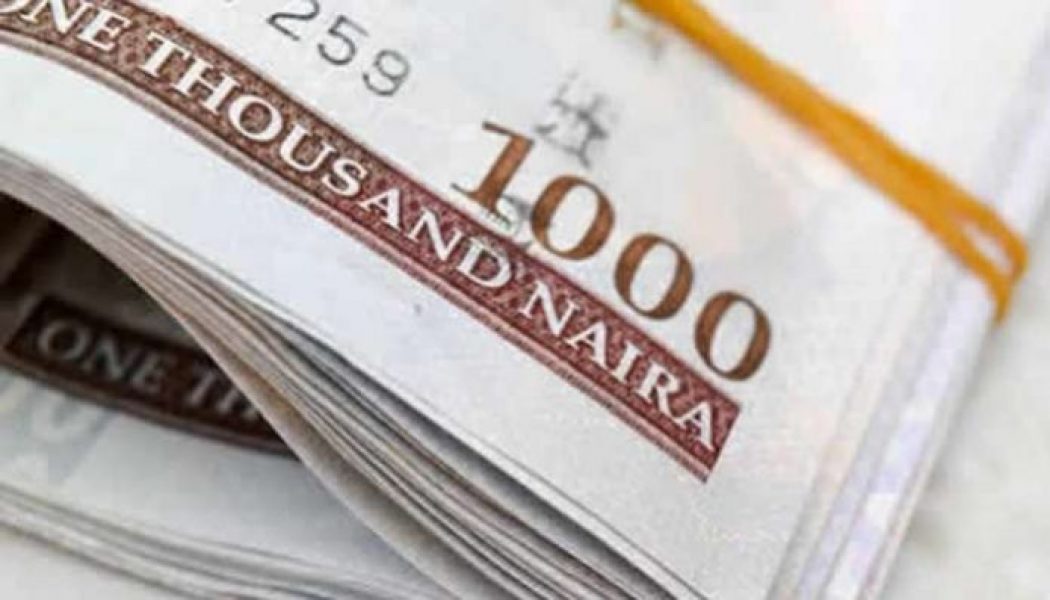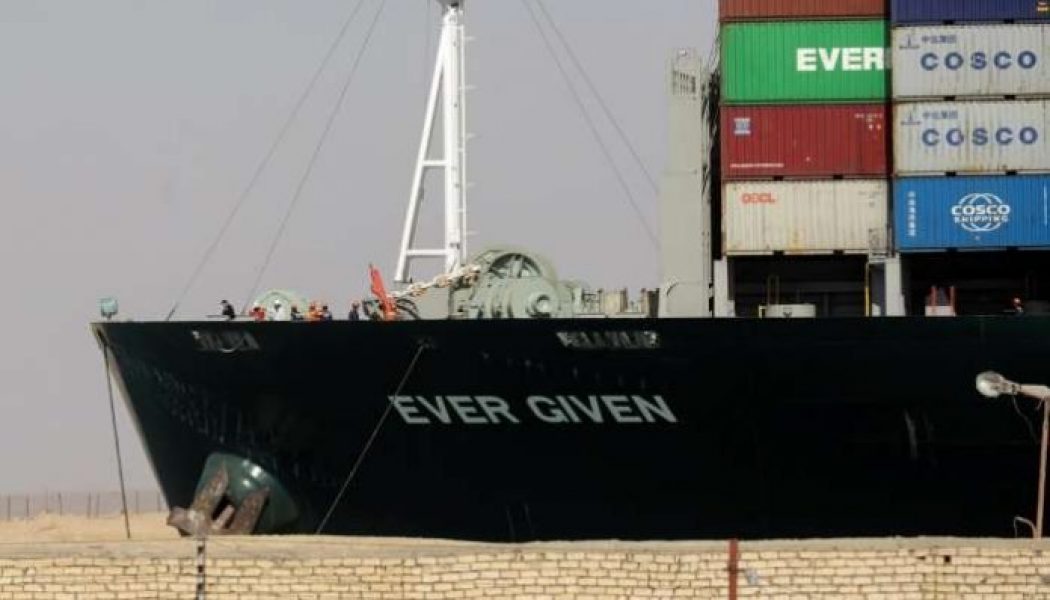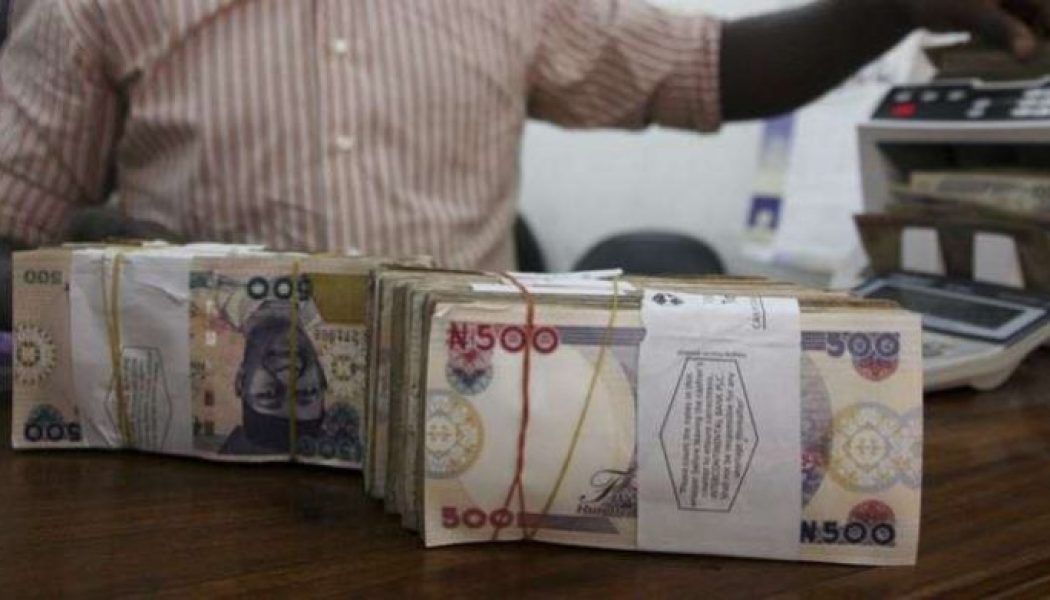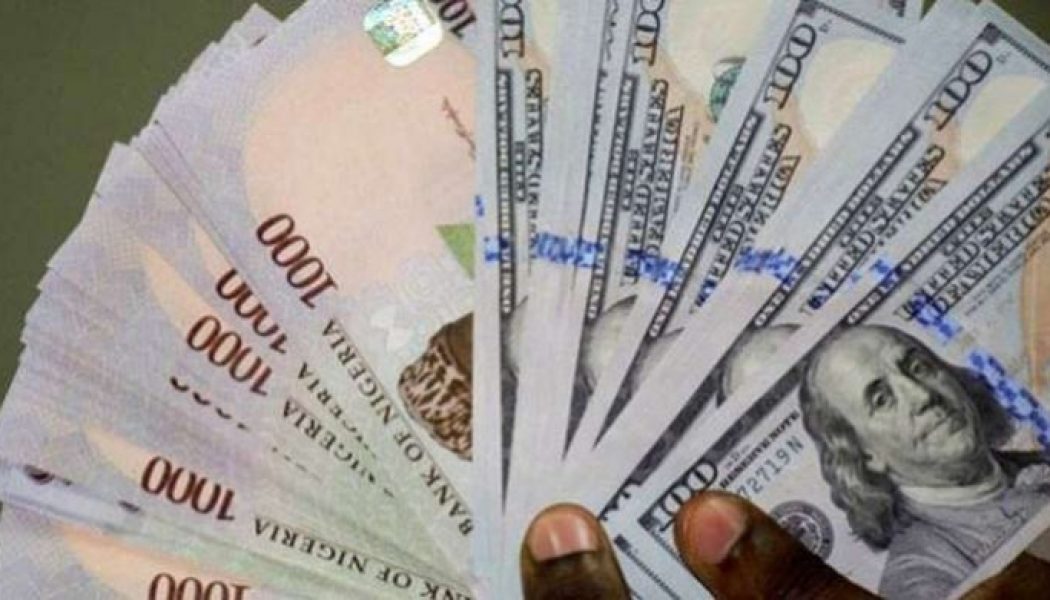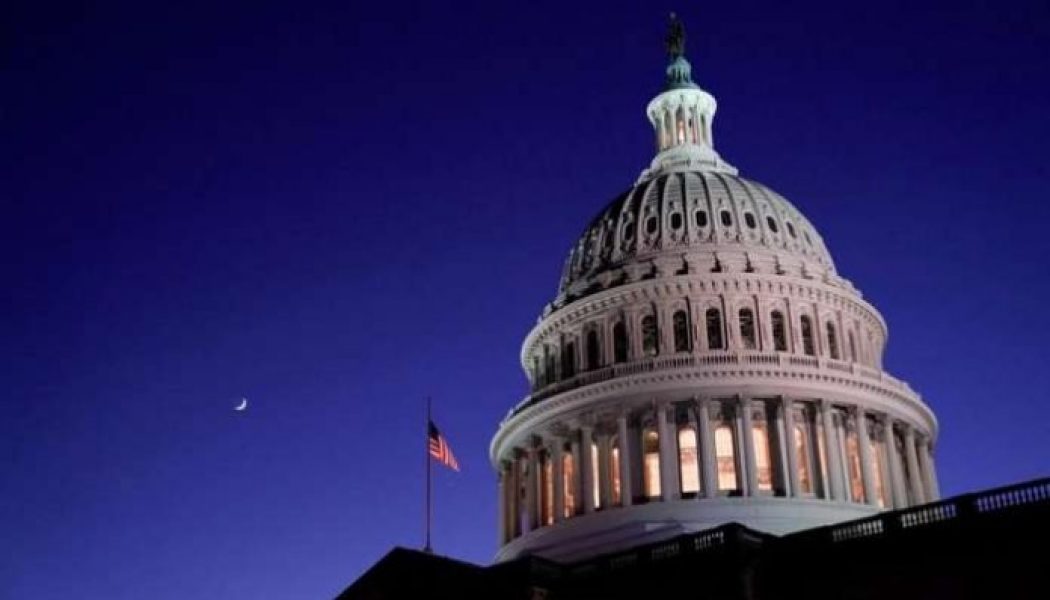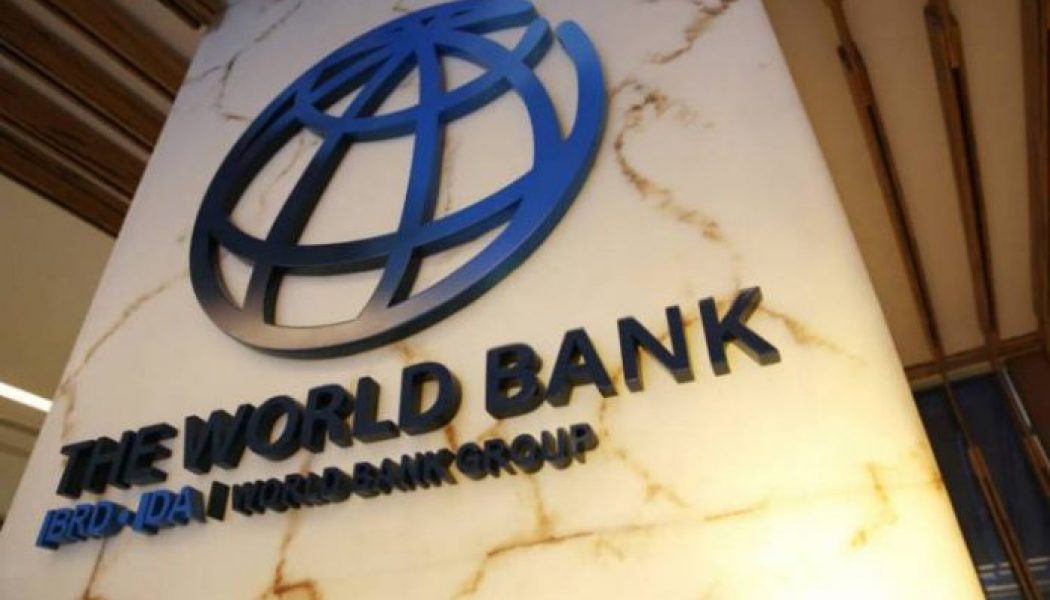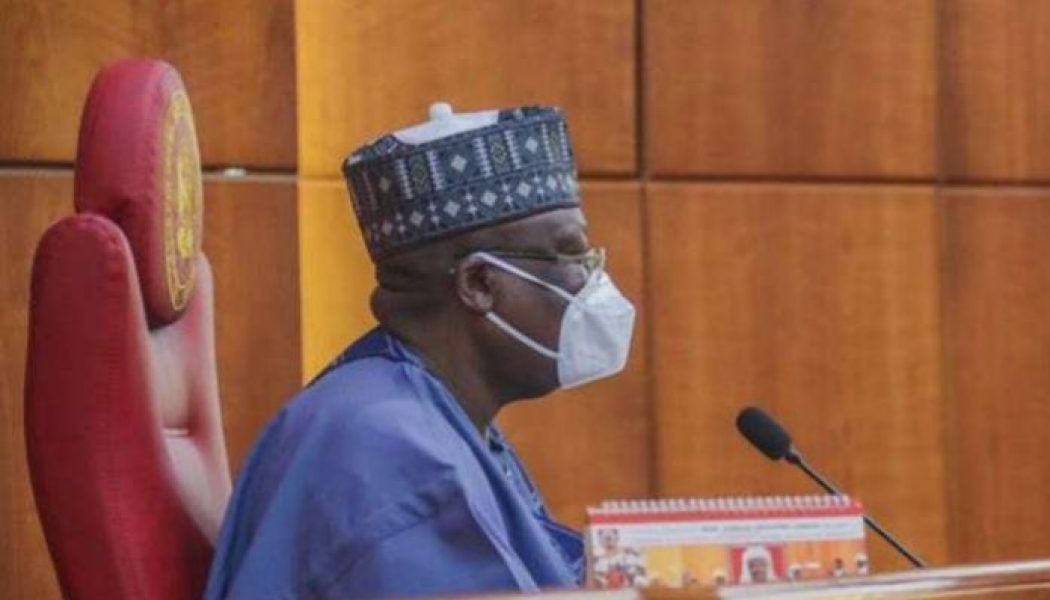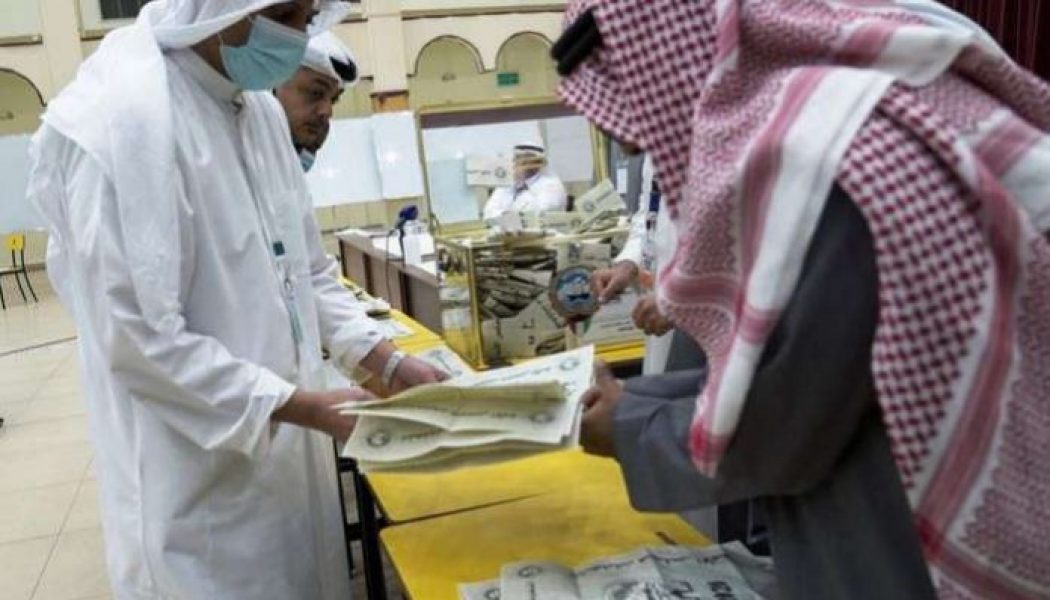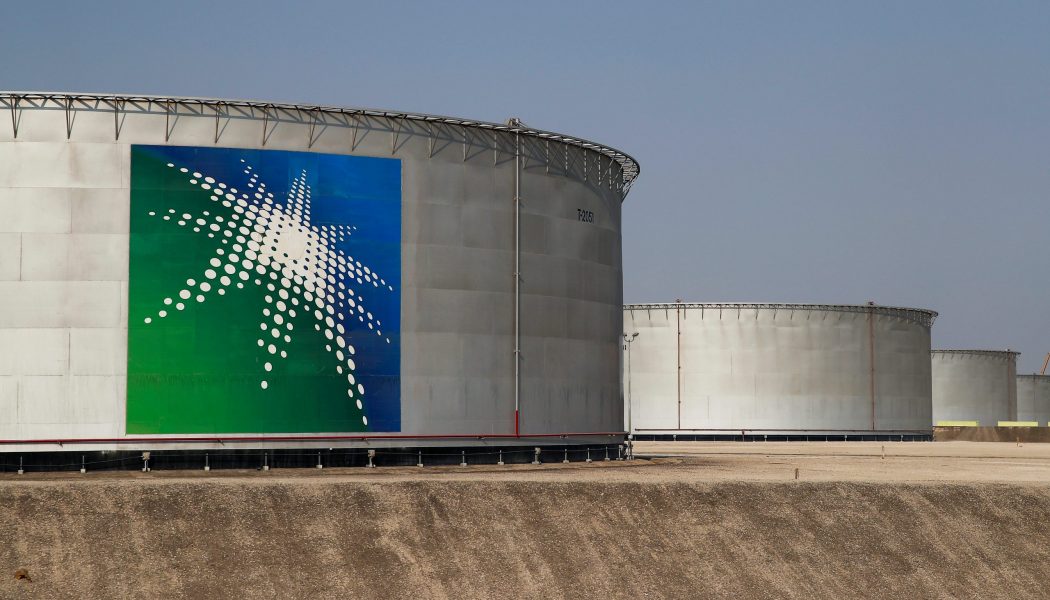Oil Prices
Analysts: Printing currency could hurt economy
Analysts have expressed concerns over a recent claim that the federal government resorted to printing money to augment the monthly allocation to the three tiers of government, warning that it could heighten inflationary pressure with dire consequences for the country’s exchange rate and economy. The analysts, in separate interviews with newsmen, warned that a sustained policy of printing the currency, if not well managed, would hurt the economy. The concern came on the heels of recent revelation by Governor of Edo State, Mr. Godwin Obaseki, that due to the dwindling revenue in the face of declining oil revenue arising from the growing sources of alternative sustainable energy, the federal government had to print money to augment the amount available for sharing by the federal, state and lo...
Energy firms’ bank debts rise to N5.94 trillion
The debts owed to Nigerian banks by oil and gas operators as well as power companies in the country rose to N5.94tn at the end of 2020 from N5.25tn in December 2019. The N5.94tn represents 29.16 per cent of the N20.37tn loans advanced to the private sector by the banks as of December, according to the sectoral analysis of banks’ credit by the Central Bank of Nigeria. Oil and gas firms, which received the biggest share of the credit from the banks, increased their debt by N600bn to N5.18tn in December 2020 from N4.58tn in December 2019. The debt owed by power firms to the banks rose to N763.22bn in December 2020 from N671.45bn in December 2019, the CBN data showed. Oil firms operating in the downstream, natural gas and crude oil refining subsectors owed N393tn as of December, up from N3.42t...
Kuwaiti opposition make gains in first parliamentary vote under new emir
Opposition candidates made gains in a parliamentary vote in Kuwait in which two thirds of MPs lost their seats and no women were elected, a result which analysts said could hamper government reform efforts to address a severe liquidity crunch. Emir Sheikh Nawaf al-Ahmad al-Sabah, who took the reins in September following the death of his brother, had raised hopes of a detente between the ruling family and their critics in the perpetually deadlocked and fractious parliament. The final count carried on state media on Sunday showed that 31 new lawmakers had been elected to the 50-seat assembly, which is unusually outspoken for the highly authoritarian Gulf region. None of the 29 female candidates who stood in the election were successful. There was no official figure for turnout but local med...
- 1
- 2
